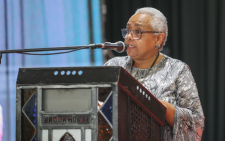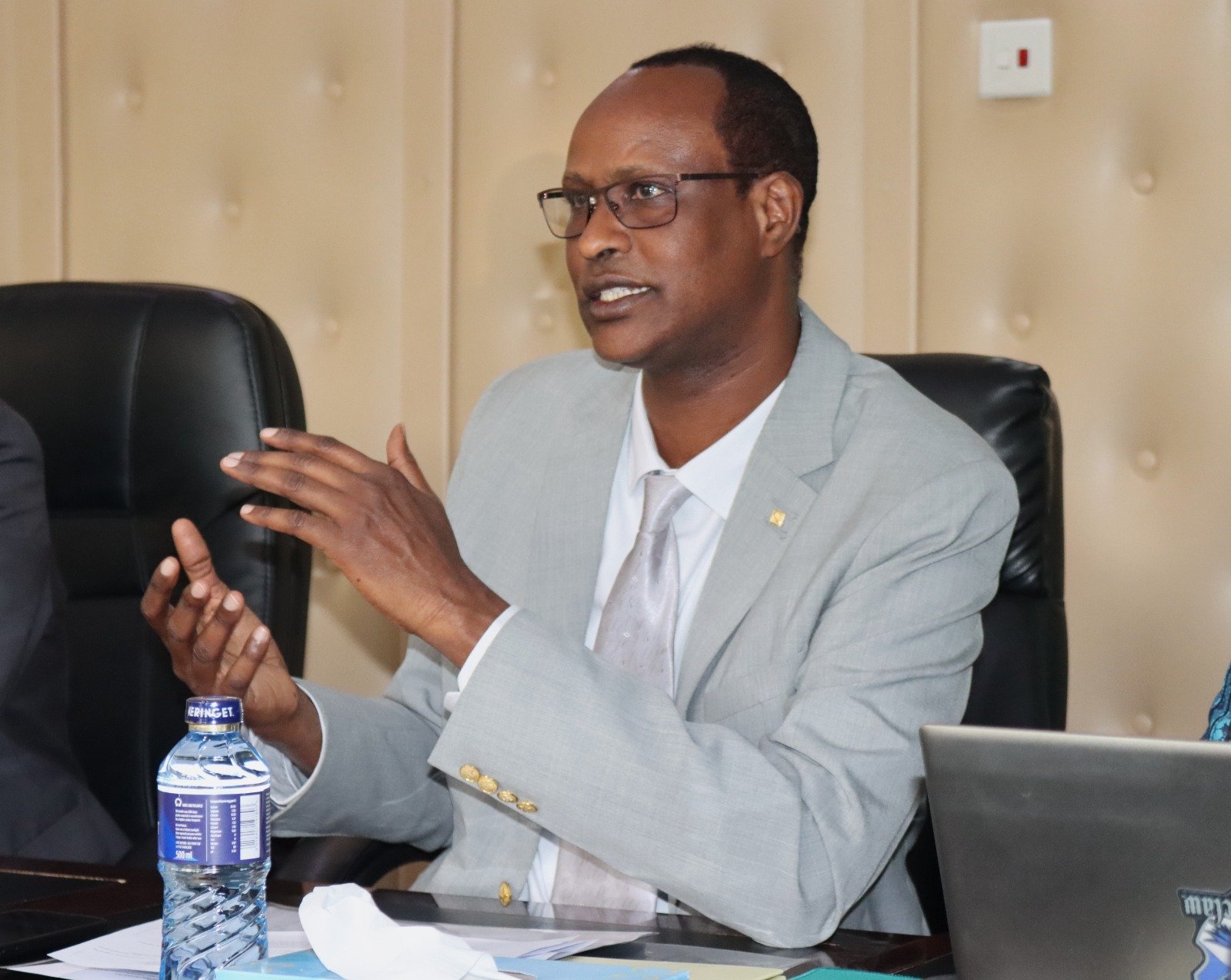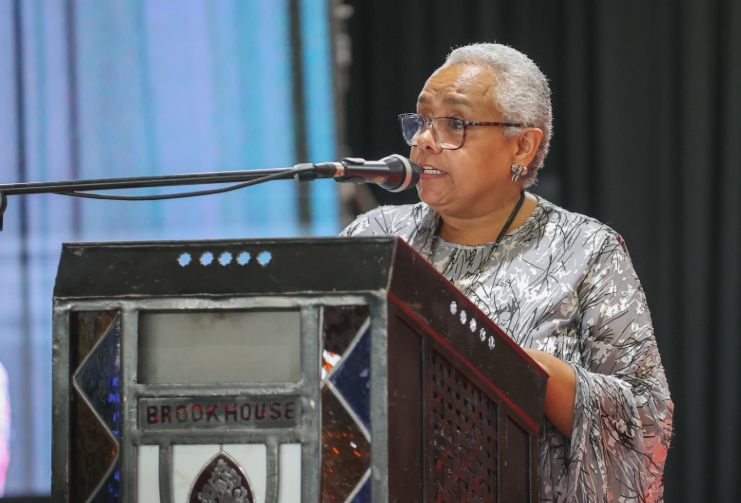National heritage vital in forming country’s identity

Report of the Steering Committee on the Implementation of the Building Bridges Initiative recommends that government provide a policy to nurture our national identity.
It calls for creation and operationalisation of the Office of the Kenya National Heritage, History and Archiving.
The heritage of a people is crucial to helping successive generations in shaping their identity: who they are, where they have come from, and where they are, to say nothing of where they are or should be going.
A peculiar feature of American Education is that it exposes every generation of learners, documents that embody turning points in their history.
Almost every American has been exposed to speeches, letters, judgments and legislations created to address a pressing issue, or crisis.
Most Americans know, for example, Declaration of Independence, Gettysburg Address, Emancipation Proclamation, Martin Luther King Jr’s I have a Dream speech and Letter from Birmingham Jail, and a host of other important documents.
Primary documents on a country’s history embody their vision, fears and hopes. More importantly, they embody how a country dealt with each issue or crisis.
Some documents embody important principles of political, military or social policy, which provide guideposts in dealing with such events.
“America has carried on not simply because of the skill or vision of those in high office, but because we, the people, have remained faithful to ideals of our forebears and true to our founding documents,” Former US President Barack Obama said in his First Inaugural Address in 2009.
Our various ethnic communities are rich in folklore. They have distinct stories about their past and continuing present.
Kenya has her own founding documents—at the initial creation of Kenya as a Protectorate to the present.
We have documents on Kenya’s political history such as the Devonshire White Paper, the Lyttleton Constitution, education reports such as the Fraser Commission Report of 1909 and many others on the socio-political developments of Kenya as a nation state.
All these need to be preserved in a manner that Kenyans can easily retrieve them for whatever educational and research purposes.
Efforts should be made to publish some of them in abridged form for educational purposes.
A policy should be made to ensure some of them are part of instructional materials in social studies and English subjects in basic education institutions.
Primary documents have important implications to realisation of national educational goals.
The Ministry of Education is charged with, among other national educational goals, to foster nationalism, patriotism and promote national unity, and to promote respect for and development of Kenya’s rich and varied cultures.
The achievement of these goals depends on students’ exposure to an accurate and balanced picture of Kenya’s history and culture.
The primary documents that have defined Kenya’s history and culture are, therefore, important in building nationalism, patriotism and in promoting national unity.
In history, primary sources are defined as first-hand evidence of an event that took place in the past.
They provide a window into the past—unfiltered access to the record of artistic, social, scientific and political thought and achievement and failures of the past.
The documents have immense educational value. They are written with thought and feeling and addressing a present issue, problem challenge or a crisis.
Through using primary sources, students gain other important academic skills.
Their research skills improve, and reading different sources on the same problem or issue helps the students have multiple perspectives on the same historical event
Exposure to primary sources helps the students or readers appreciate tensions that defined the event—the fears and hopes of the participants in the historical event held.
This cultivates empathy in the students—one of the values education seeks to develop or impart in the students. — The writer is the Communications Officer, Ministry of Education











